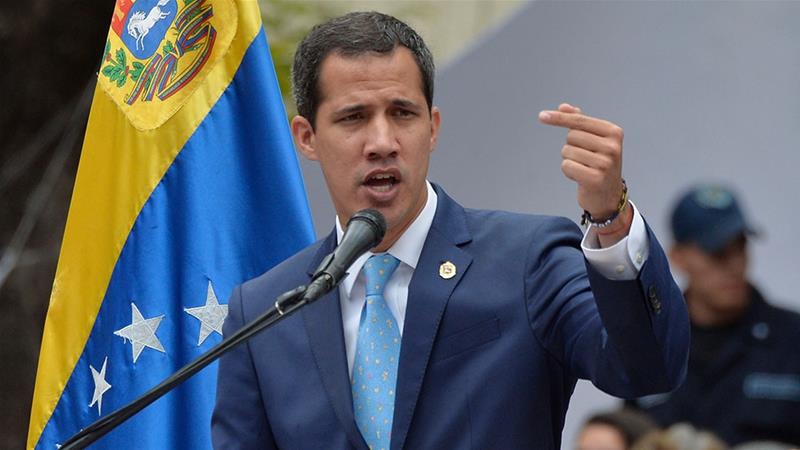
(Argus, 8.Jun.2020) — Venezuela’s US-backed political opposition is promising to restore stable fuel supply in two weeks if it takes power, kicking off with crude-for-products swaps.
In an initial stage, such swaps would be carried out with Citgo, the US refining arm of Venezuela’s US-sanctioned national oil company PdV. Gasoline and diesel could also come from neighboring Colombia or other suppliers with storage in nearby Caribbean islands Curacao and Aruba, where PdV used to lease assets.
According to the opposition’s rough fuel supply blueprint, called Plan Pais, 100,000 b/d of gasoline and 40,000 b/d of diesel, plus 1.4mn bl of inventory, would be reestablished through a monthly contingent of 13 tankers holding 340,000 bl apiece, for approximately $140mn. An addition four tankers would replenish stocks, worth another $50mn at an indicative price of around $30/bl.
One challenge to the plan is the volume of crude that Venezuela would be able to offer in the short term. At a nominal price of $30/bl for Venezuela’s 16°API Merey crude, a swap for the products would require around 420,000 b/d of production, which is close to the Opec country’s current average of 500,000-600,000 b/d. PdV is already committed to servicing a number of oil-backed loans, mainly to China.
In a supplier-to-pump logistics timeframe outlined in the blueprint, the imports would take 6-7 days from the US Gulf coast or 2-3 days from Curacao or Aruba. Internal distribution would need another 5-7 days. The supply would tide over Venezuela until PdV’s main refineries, the 635,000 b/d Amuay and the 305,000 b/d Cardon, are repaired. Pump prices would be gradually raised, with targeted subsidies for the most vulnerable.
Plan Pais would be implemented after the departure of President Nicolas Maduro, who has steadfastly resisted US sanctions and opposition efforts to force him out.
The thrust of the strategy was presented today by former PdV board member and Plan Pais technical team member Jose Toro Hardy and National Assembly deputy Elias Matta, who heads the body’s oil commission.
The Maduro government is currently in the second choppy week of a rationing and pricing system for gasoline that was recently delivered by Iran. On paper, subsidized gasoline is offered at most retail stations, with about 200 earmarked for sales at international prices. The rollout has been chaotic, although supply in Caracas appears to be stabilizing for now, with shorter or no lines and swifter payment.
For the opposition, the current system is prone to corruption and will soon collapse because Venezuela will run out of Iranian supply and PdV’s barely functioning refineries are still not producing usable fuel.
Citgo to court
Houston-based Citgo, which has 750,000 b/d of capacity in three refineries in Texas, Louisiana and Illinois, used to absorb a large share of Venezuela’s crude production. But since the US imposed oil sanctions on Venezuela in January 2019, the company has turned to other suppliers such as Colombia.
Citgo is nominally administered by the opposition led by Juan Guaido since early 2019. The US Treasury Department controls its revenue and is protecting the assets from Venezuela’s myriad creditors, including Tenor Capital Management which inherited a $1.2bn arbitration award from defunct Canadian gold mining firm Crystallex.
Next week in a Delaware district court, lawyers for Tenor and Guaido are scheduled to file proposals to sell shares in Citgo’s parent company, PdV Holding, to satisfy the Crystallex claim.
__________
By Patricia Garip
***

